Introduction Korean Grammar ‘-(으)니까’
Learning Korean grammar can be challenging, but breaking it down into manageable lessons can make it easier. Today, we will explore the grammar pattern ‘-(으)니까,’ which is used to express reasons, causes, or conditions in Korean. This lesson will help you understand and use this form effectively.
Learn Korean with JAEM : Improve your Korean with our app through free lessons and courses. And also, Join our JAEM challenge program to progress from upper-beginner to master level with Native Korean Coaches. Strat to study Korean more!
Our Book: Don’t miss out on our comprehensive book that covers essential Korean language skills and strategies. See our books and study with us! 🙂
AI Writing Practice Program: Enhance your writing skills with JAEM TOPIK, our AI-powered practice program. Get personalized feedback and TOPIK tips to elevate your Korean writing. Study TOPIK writing yourself and get high TOPIK score!
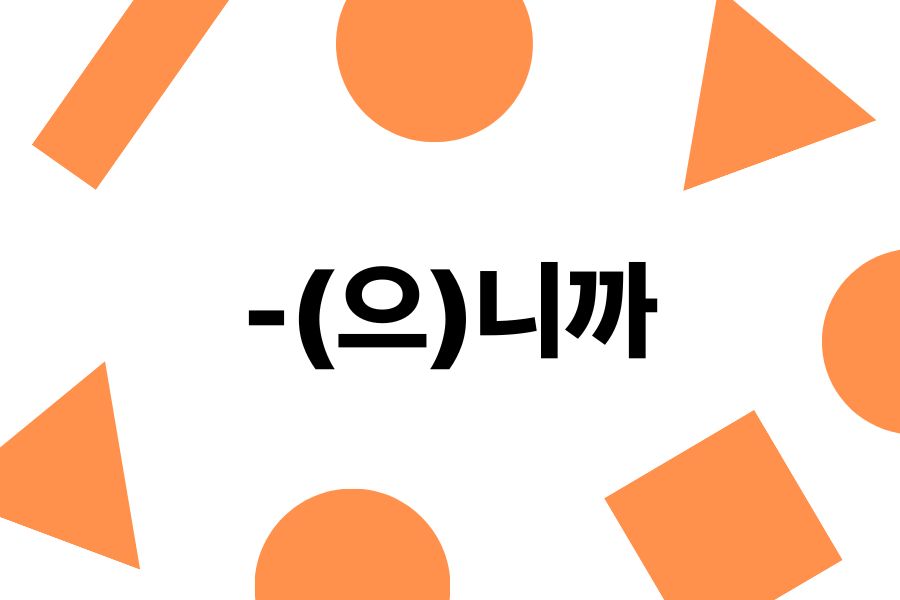
Jump to:
Grammar Explanation
The grammar pattern ‘-(으)니까’ is used to express reasons, causes, or conditions. It is similar to saying “because” or “since” in English.
Formation:
- For verb stems ending in a consonant, add ‘-으니까.’
- For verb stems ending in a vowel, add ‘-니까.’
| Speech Form | Form | Example Sentence |
|---|---|---|
| Verb (to go) | 가니까 | 학교에 가니까 (Because I go to school) |
| Verb (to eat) | 먹으니까 | 밥을 먹으니까 (Because I eat a meal) |
| Verb (to read) | 읽으니까 | 책을 읽으니까 (Because I read a book) |
| Verb (to study) | 공부하니까 | 공부하니까 (Because I study) |
Examples
Expressing Reasons with ‘-(으)니까’:
- 가다 (to go)
- 가니까 = Because (someone) goes
- 학교에 가니까 피곤해요 = I am tired because I go to school.
- 먹다 (to eat)
- 먹으니까 = Because (someone) eats
- 밥을 먹으니까 배불러요 = I am full because I ate a meal.
- 읽다 (to read)
- 읽으니까 = Because (someone) reads
- 책을 읽으니까 재미있어요 = It is interesting because I read the book.
- 공부하다 (to study)
- 공부하니까 = Because (someone) studies
- 공부하니까 성적이 좋아요 = My grades are good because I study.
Using Adjectives with ‘-(으)니까’:
- 좋다 (good)
- 좋으니까 = Because it is good
- 날씨가 좋으니까 산책해요 = Let’s take a walk because the weather is good.
- 비싸다 (expensive)
- 비싸니까 = Because it is expensive
- 그 옷이 비싸니까 안 살 거예요 = I won’t buy that clothes because it is expensive.
- 아프다 (sick)
- 아프니까 = Because I am sick
- 아프니까 병원에 가야 해요 = I have to go to the hospital because I am sick.
- 바쁘다 (busy)
- 바쁘니까 = Because (someone) is busy
- 바쁘니까 나중에 이야기해요 = Let’s talk later because I am busy.
Using Nouns with ‘-이니까’:
- 학생 (student)
- 학생이니까 = Because (someone) is a student
- 학생이니까 열심히 공부해요 = I study hard because I am a student.
- 의사 (doctor)
- 의사이니까 = Because (someone) is a doctor
- 의사이니까 환자를 돌봐요 = I take care of patients because I am a doctor.
- 문제 (problem)
- 문제니까 = Because it is a problem
- 큰 문제니까 빨리 해결합시다 = Let’s solve it quickly because it is a big problem.
- 기회 (opportunity)
- 기회니까 = Because it is an opportunity
- 좋은 기회니까 놓치지 마세요 = Don’t miss it because it is a good opportunity.
Usage in Context
When using ‘-(으)니까’ in different contexts, it emphasizes the reason, cause, or condition for something.
Expressing Reasons:
- 피곤하니까 일찍 자요 = Go to bed early because you are tired.
- 늦었으니까 빨리 가요 = Hurry up because we are late.
- 돈이 없으니까 못 가요 = I can’t go because I don’t have money.
- 시간이 없으니까 나중에 해요 = Do it later because there is no time.
Making Requests or Suggestions:
- 날씨가 좋으니까 산책 갈까요? = Shall we go for a walk because the weather is good?
- 배고프니까 밥 먹으러 가요 = Let’s go eat because we are hungry.
- 영화가 재미있으니까 같이 보러 가요 = Let’s go watch the movie together because it is interesting.
- 피곤하니까 좀 쉬세요 = Please rest because you are tired.
Giving Commands or Instructions:
- 여기 앉으세요. 편하니까요 = Please sit here because it is comfortable.
- 문을 닫으세요. 시끄러우니까요 = Please close the door because it is noisy.
- 이 약을 드세요. 아프니까요 = Please take this medicine because you are sick.
- 조용히 하세요. 사람들이 있으니까요 = Please be quiet because there are people here.
Cultural Insight: In Korean culture, using ‘-(으)니까’ helps to clearly convey the reasons or causes for actions, making it easier to communicate intentions and expectations politely and effectively.
Common Mistakes
Common Mistakes:
- Incorrect: 가서 (incorrect form for expressing reason)
- Correct: 가니까 = Because (someone) goes
- Incorrect: 좋아서 (incorrect form for expressing reason)
- Correct: 좋으니까 = Because it is good
Mistake Explanation: Ensure that the correct form ‘-(으)니까’ is used to convey reasons, causes, or conditions, rather than using other forms like ‘-서’ which may not accurately convey the same meaning.
Related Grammar Points
Explore these related grammar points to deepen your understanding:
- -아/어서: To express reasons or causes.
- -기 때문에: To express reasons or causes formally.
- -지만: To express contrast or opposition.
- -고: To connect actions or states.
Practice Exercises
Practice Makes Perfect!
- Exercise 1: Conjugate the following verbs/adjectives/nouns using ‘-(으)니까.’
- 가다 (to go)
- 먹다 (to eat)
- 좋다 (good)
- 학생 (student)
Answer Key:
- 가니까
- 먹으니까
- 좋으니까
- 학생이니까
- Exercise 2: Create sentences using ‘-(으)니까’ for the following situations:
- Because I am tired.
- Because it is raining.
- Because it is expensive.
- Because I am a student.
Answer Key:
- 피곤하니까.
- 비가 오니까.
- 비싸니까.
- 학생이니까.
Download the workbook for more exercises and practice.
Summary and Conclusion
Today, we covered the grammar point ‘-(으)니까’ and how to use it to express reasons, causes, or conditions in Korean. This pattern is essential for clearly conveying the reasons or causes for actions, making communication more effective and polite. Continue practicing with our workbook and check out related lessons for more in-depth learning.
If you have any questions or suggestions, feel free to comment below. Happy learning!
Learn Real Korean with JAEM!
Learn Korean with JAEM Korean App & JAEM Challenge: Discover the best way to learn real Korean with our comprehensive app. Enjoy a wide variety of free lessons and courses designed to help you master the language. Also, our unique JAEM challenge program guides you from an upper-beginner level to a master course, all under the guidance of Native Korean Coaches. Whether you’re just starting out or looking to refine your skills, this program offers an effective path to fluency.
AI Korean Writing Practice Program: Take your Korean writing to the next level with JAEM TOPIK, our innovative AI writing practice program. This service provides personalized feedback and practical tips tailored to your learning needs. With a focus on improving your Korean writing, JAEM TOPIK also offers specific strategies for excelling in the TOPIK exam. Benefit from expert insights and targeted advice to enhance your proficiency and confidence in writing.
Our Book: Additionally, explore our comprehensive book that covers essential Korean language skills and strategies. This valuable resource complements our app and AI program, providing a holistic approach to mastering Korean.

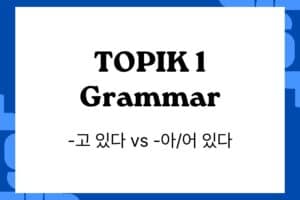
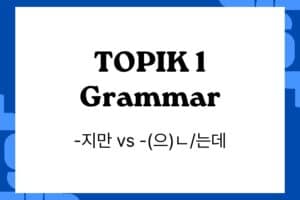
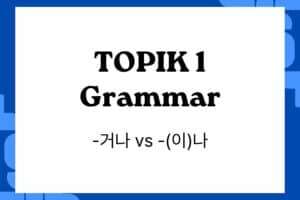
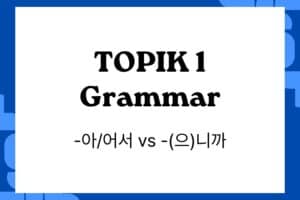
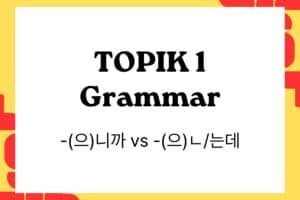
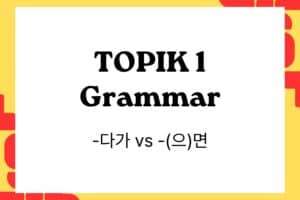

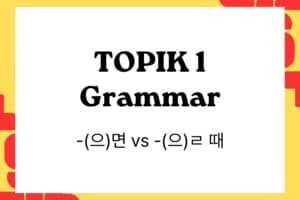

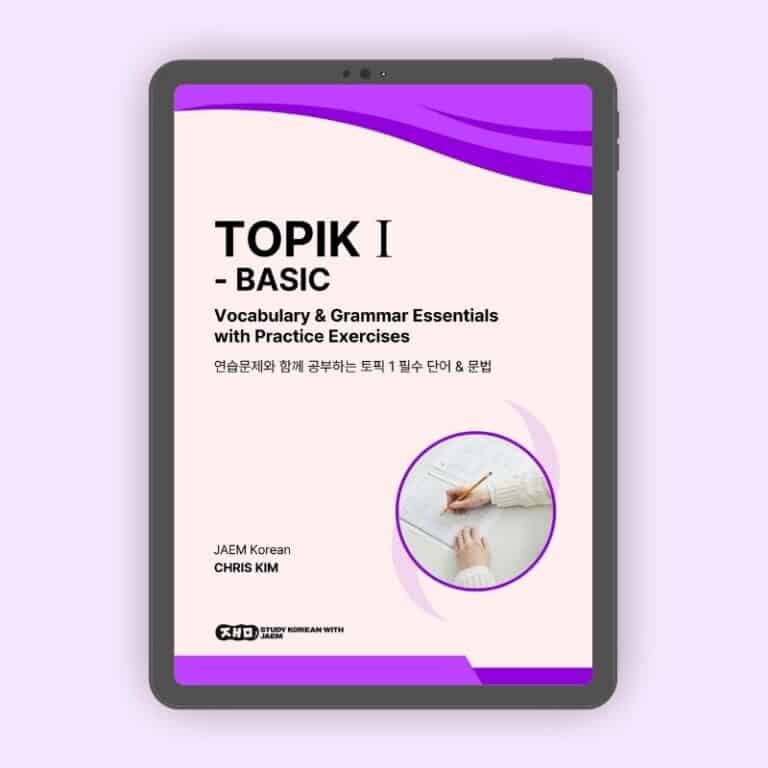
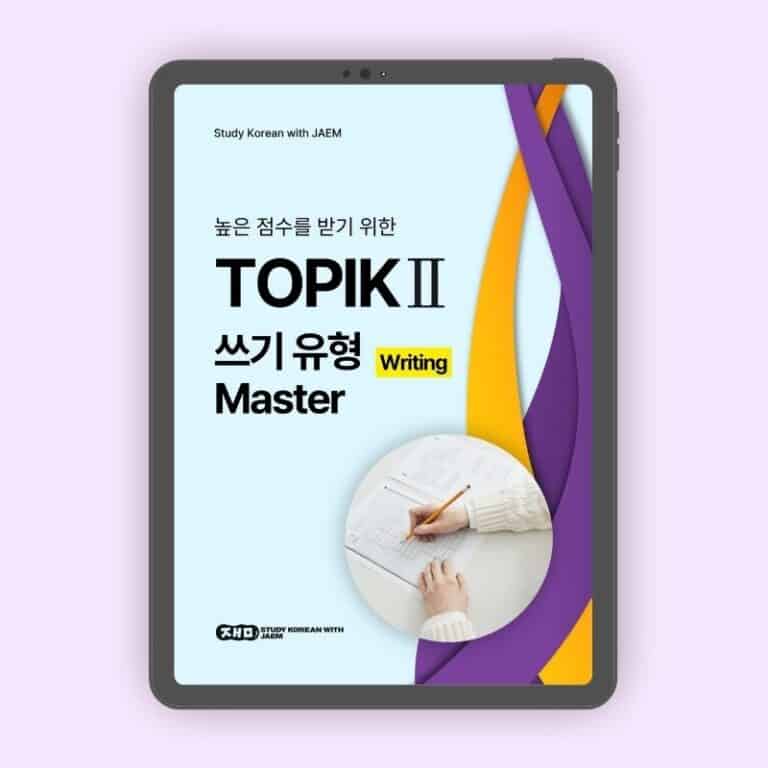
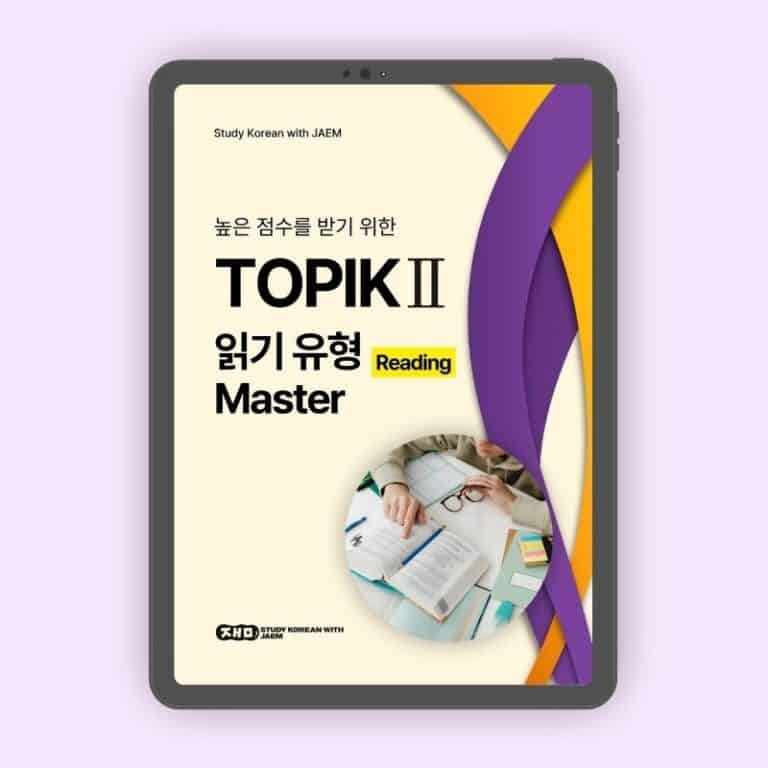

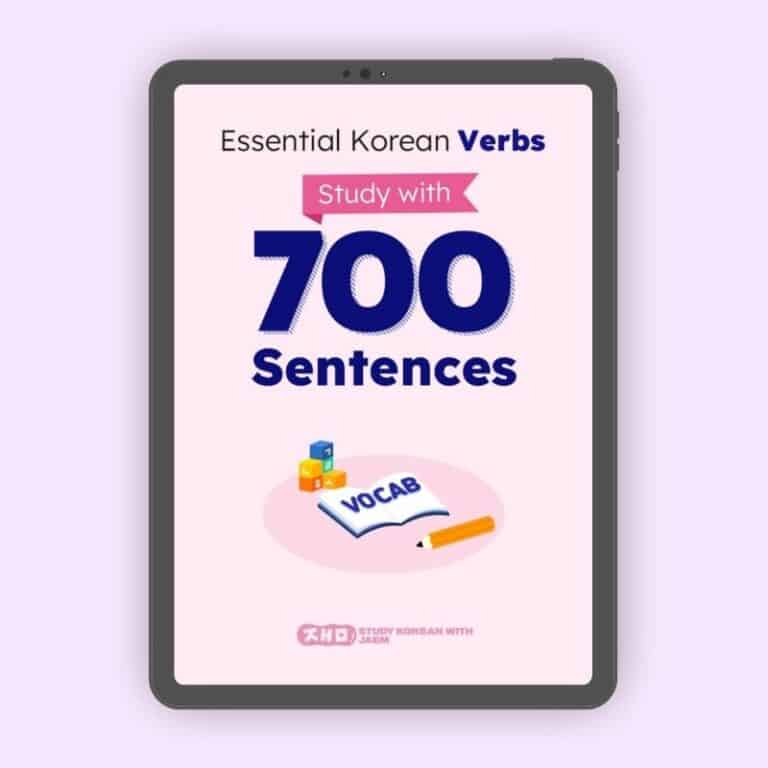
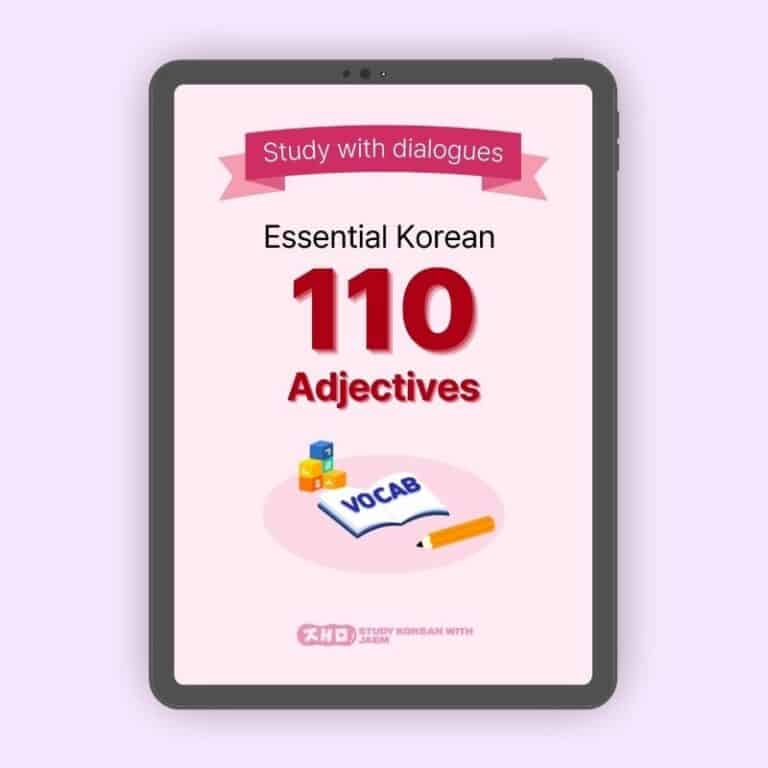

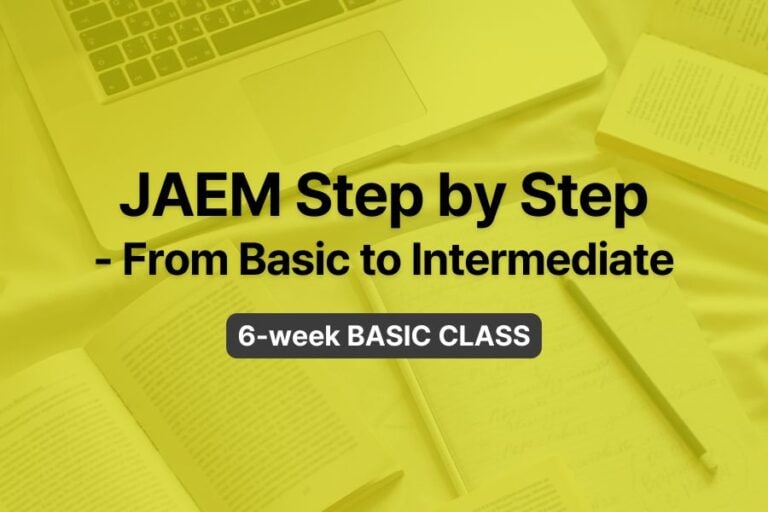

Responses